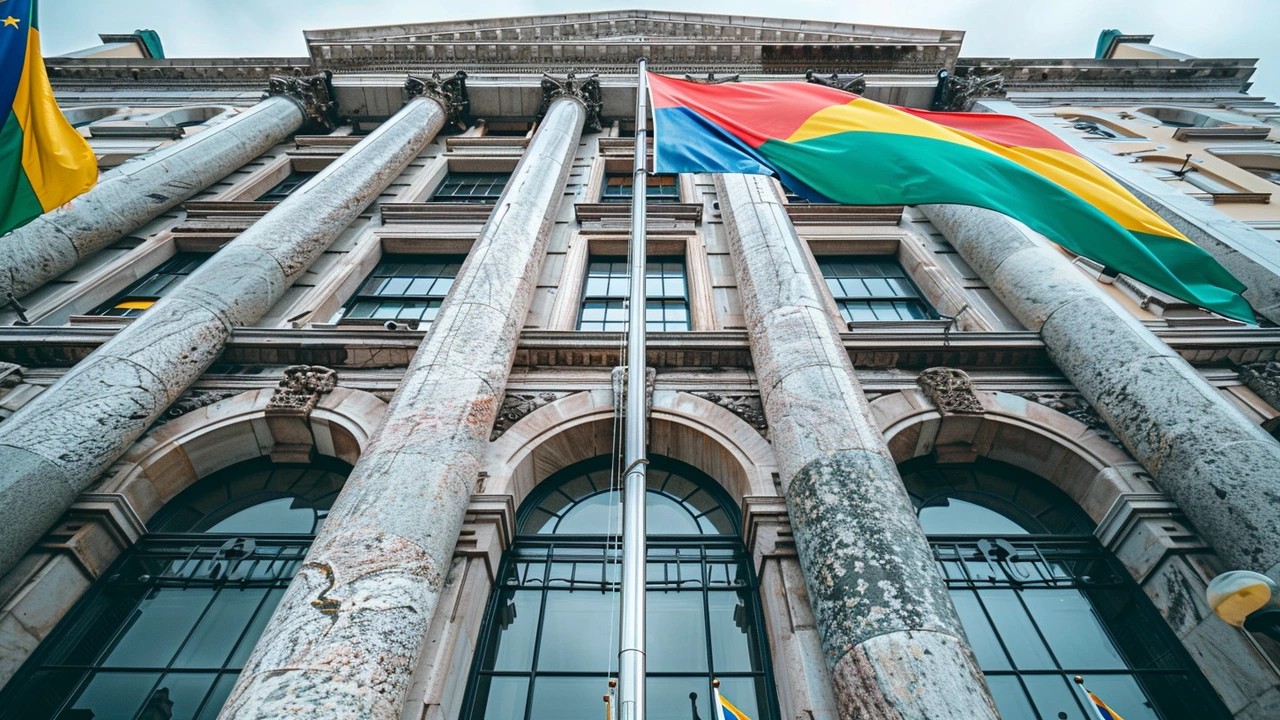Diplomatic Fallout in Rugby: What’s Going On?
Ever wonder why a bad call or a heated match can spill over into politics and fan wars? That’s diplomatic fallout – the tension that pops up when rugby’s on‑field drama starts affecting relationships between countries, unions, and supporters.
In plain talk, diplomatic fallout is the sour feeling that builds when a game feels unfair or when a nation’s team is treated harshly. It isn’t just a bad feeling; it can lead to official complaints, media blow‑ups, and even changes in how matches are run.
Take the buzz around French referees. Lots of fans think French refs are inconsistent or lenient toward their own clubs. That perception has sparked social‑media fights, letters to governing bodies, and heated debates on TV panels. The fallout isn’t just about a missed tackle; it’s about trust in the sport’s fairness across borders.
Another hot example is the All Blacks versus France clashes. When the New Zealand giants stumble against the French side, some fans blame the climate, the food, even the Eiffel Tower. Those jokes quickly turn into serious discussions about preparation, travel fatigue, and whether the governing bodies are giving fair scheduling. The fallout leaks into national pride and can sour future tours.
Even discussions about improving England’s squad or Argentina’s rise can stir diplomatic ripples. When a coach suggests changes that favor one style over another, other unions may feel singled out, prompting public statements and defensive postures. It’s a chain reaction that starts on the pitch and spreads to boardrooms.
Fans care because fallout changes the match atmosphere. A disputed call can turn a friendly crowd into a shouting match, affecting ticket sales and TV ratings. Players feel the pressure too – they’re suddenly playing under a microscope that watches every decision through a political lens.
Key Triggers of Diplomatic Fallout
There are a few common sparks:
- Referee bias accusations – fans and teams think officials favor one side.
- Scheduling quirks – long travel or odd match times create fatigue claims.
- Media sensationalism – headlines exaggerate a single incident.
- Cultural misunderstandings – language barriers or different play styles get misread.
- Strategic comments – coaches or pundits publicly criticize other nations.
Each trigger can set off a chain of comments, petitions, and even formal appeals to World Rugby.
How It Impacts Players and Fans
When fallout builds, players often face extra pressure. A forward who missed a line‑out might get blamed not just for the mistake but for hurting national pride. That stress can affect performance, lead to injuries, or cause players to shy away from future tours.
Fans absorb the drama through news feeds, forums, and match‑day chants. A perceived slur or unfair decision can turn a casual viewer into an angry protester, filling stadiums with banners and shouting slogans. It can also push new fans away if they feel the sport is too political.
What can be done? Unions need transparent referee training, quicker review processes, and open communication after controversial moments. Media outlets should focus on facts, not click‑bait, and fans can help by keeping the conversation respectful.
Diplomatic fallout isn’t going away – rugby’s global, and emotions run high. The key is to spot the triggers early, keep the dialogue honest, and remember that the game is bigger than any single dispute. Got a story about fallout you’ve seen? Share it and keep the conversation rolling.

Ireland's Bold Recognition of Palestinian State Sparks Diplomatic Furor and Mixed Reactions
- May, 29 2024
- 0
Ireland's decision to recognize a Palestinian state has ignited a whirlwind of reactions. Lauded by Palestinian authorities and criticized by Israel, the move has international diplomatic implications. While some see it as a symbol of solidarity, others warn of its potential repercussions on terrorism and stability.
Categories
- Sports (5)
- World News (5)
- Entertainment (4)
- Sports and Recreation (3)
- Sports Commentary and Analysis (2)
- Sports Analysis (2)
- Sports History (1)
- Sports and Culture (1)
- Sports and Fitness (1)